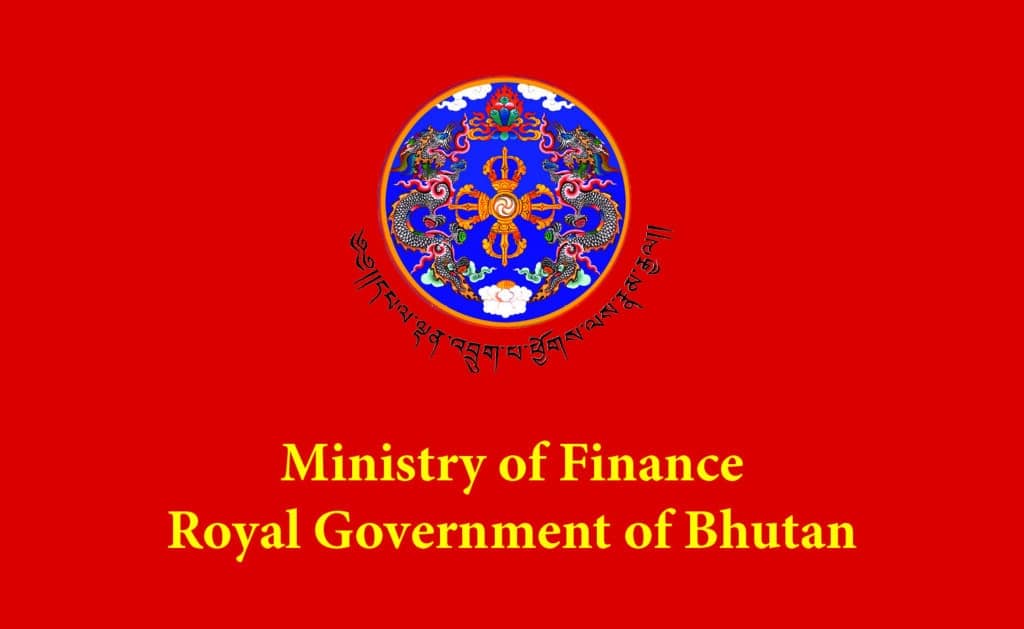The new tax would bring drastic changes in the prices of good and services in India and it stands to affect Bhutan in many ways
Bhutan would be an eager spectator as India wakes up today to a new reality. From today, the much touted and the biggest ever tax reform since independence would be implemented. The Goods and Service Tax (GST) has been born today.
The new tax is expected to almost overhaul the Indian taxation system. The prices of many goods and services would be impacted. It would have a corresponding ripple effect in Bhutan as India is its biggest trading partner. But as of now, Bhutan can only watch as a bemused neighbor.
In India, the introduction of GST has excited the business industry like never before. While it is said to streamline the taxation system and most would stand to benefit from the new tax, it has, as of now, also left many in the country confused and agitated.
The GST is an indirect tax for entire India. It would make India one unified common market. The GST is a single tax on the supply of goods and services, right from the manufacturer to the consumer. Under the GST regime, the final consumer will bear the tax charged only by the last dealer in the supply chain, which will offset the taxes charged in the previous stages of value addition, as is the case under other taxation system. This will essentially refine the taxation system and good and services will basically be made cheaper.
The GST is expected to benefit all stakeholders.
For businesses and the industrial sector, GST would bring uniformity in tax rates and structures promoting ease of doing business. It would result in easy compliance. It would remove cascading taxes and remove hidden costs of doing business.
For central and state governments, GST would make the taxation system simple and easy to administer. It is also expected to decrease the cost of tax collection leading to higher revenue.
The consumer will benefit as he would have to pay only one tax while other taxation system have lots of hidden taxes within the supply chain. The consumers shall enjoy the benefits if traders pass on the benefit to them. But it is a big catch whether traders would pass on the benefit to consumers.
The entire GST regime would be processed and funds claims would also be handled electronically reinforcing Prime Minister Modi’s bid to digitize India.
The Indian government has worked for a long time to introduce the GST. It was first discussed 16 years ago. Then it was discussed several times in the parliament.
The GST would be implemented in four primary tax slabs of 5%, 12%, 18% and 28%. Other than this, gold and jewelry will be taxed at a concessional rate of 3% while rough diamonds will be taxed a low of 0.25%.
The government has also decided not to tax basic essentials including salt, egg, milk, buttermilk, natural honey, fresh fruits and vegetables, fresh meat, fish, chicken, unbranded and unpackaged tea and coffee, vegetable oil, children’s’ picture, drawing or coloring books, handloom, stamps, judicial papers, printed books, newspapers, Puja items, contraceptives, hotels and lodges with tariff below Rs 1,000, education and healthcare services, among others.
It means that most of the consumables and food items shall undergo price cut in near future. Prices of raw material as well goods are also assumed to come down especially those of necessity and comfort Items. Skin care, ayurvedic medicine, hair dyes, paints and edibles are set to be cheaper.
However, owing to imports getting cheaper, the chances are higher to increase the trade deficit with surge in imports. Detergent, baby foods, sanitary napkins, shampoos are set to be dearer. Services like auditing services, consultancy services, and management contract will be costlier by 18%.
The new GST regime would have consequences on Bhutan too.
The cost of raw material imported from India will decrease significantly as there will be no more excise duty on many raw materials.
However, certain industries like cement where most of the raw materials are procured within Bhutan shall suffer the most, since cost of production shall go down for Indian manufacturers.
Operational cost like warehousing cost, transportation cost shall decrease on account of smooth flow of goods, easier compliance and taxes.
The excise duty refunds received by Bhutan government will also decrease considerably as most of the goods would now be outside the purview of excise.
An economist, working in an industry in Pasakha, said that since imports would be cheaper, Bhutanese industries like ferro silicon can now take advantage from the procurement of raw materials from India.
He also said that since prices in india is expected to fall, Bhutan would be able to save more indian currency.
However, the GST is expected to hamper exports as most of the industries export to India. Under the past regime, there was no tax imposed during the time of export to India. But under the GST regime, Indian importers need to pay tax. As such, Bhutanese industries will face more competition in India as the GST would make Indian manufactures more competitive.
Bhutan has currently been considering the idea of Value Added Tax (VAT) since 2010 as it is one of the few countries, which is still under Sales Tax regime. More than 140 countries in the world including its neighbors have already adopted VAT or GST.
Krishna Ghalley from Phuentsholing













